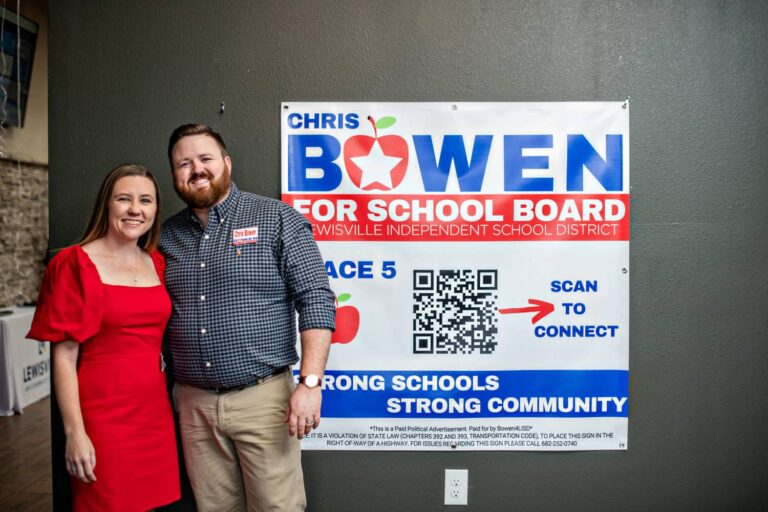Teen crushes and how to handle them
When a child falls in love for the first time, or at a minimum is seriously crushing on another little boy or girl, most parents look at the situation and think, “Oh, isn’t that the cutest thing!” Crushes are in full swing these days, and while adorable, it can be an emotional rollercoaster for your child.
How do they learn to express their feelings positively?
What do they do if the other child doesn’t like them back?
As parents, we cannot control feelings, awkward moments, or entirely protect our kiddos from the bumps and bruises of first crushes. We can, however, be a sounding board – providers of suggestions and feedback and partners in celebration and sadness.
Here are a few tips to help guide your kids through a crush:
Feelings
Crushes are very real to tweens and teens who experience them. Even little kids feel big crushes. Validating your child’s feelings helps them to feel understood and sends the message that you’re not judging them and that their feelings make sense. Even gently teasing your little one about their feelings could make them feel embarrassed and less likely to share information in the future. Keeping the lines of communication open is essential to developing trust, so you both can stay connected, and your child will continue to seek your advice as the issues around dating become more complex.
Listen
If your child is talking about their crush, listen to how they are feeling and what they are thinking. Ask open-ended questions like, “What does a crush mean to you?” Maybe it’s spending time together at the mall or at the movies? Maybe it’s extra texting and a change in social media status. Be the voice of reason rather than that of criticism.
Healthy Relationships
Ask your child what they like about this person and what qualities they think a good boyfriend or girlfriend should have. Talk about qualities you think are important, such as kindness, honesty, and respect. Let your child know a boyfriend or girlfriend should be accepting of who they are and shouldn’t push them to change the way they dress, their hairstyle, or pressure them into doing anything they don’t want to do. Encourage your child to be honest about their likes and dislikes.
When it Doesn’t Work Out
It’s difficult to see your child with sad feelings, but this is part of real life and a valuable life lesson. Explain that sometimes in life even though they have feelings for someone, the other person might not feel the same about them – and that’s ok.
Try to avoid saying things that will minimize your child’s feelings. Being understanding of their emotions will help your child grow into a compassionate, resilient person who understands they are loved for who they are and will teach them skills to manage big emotions and challenges.
There are many different styles of parenting and ways to handle crushes, but the one compelling factor in all the various methods of parenting is love. In parenting, love wins. At the end of the day, love your child well, seek what is good for them, and do your best. It will have powerful effects.





